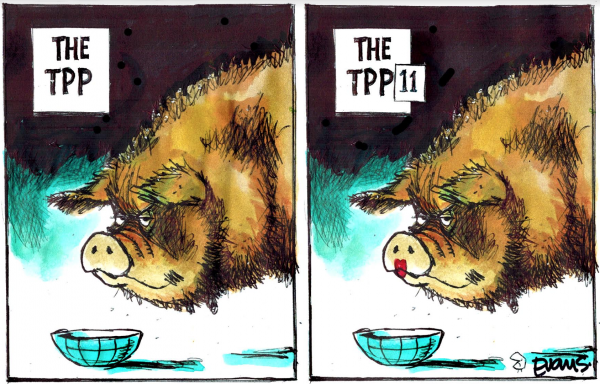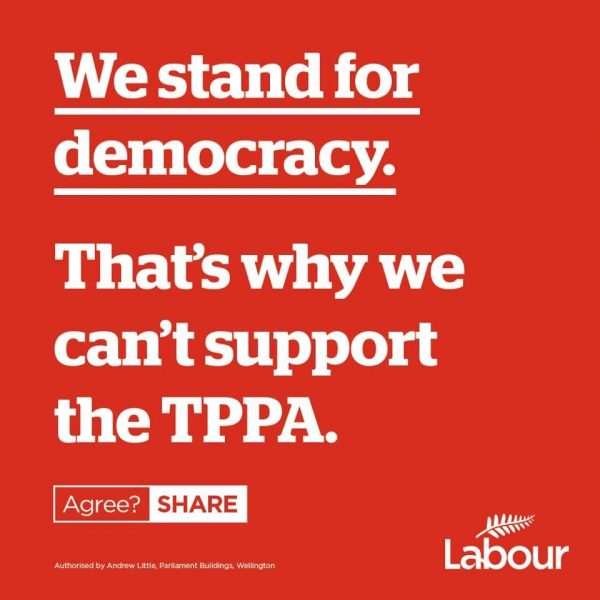
This incredible exclusive by Paddy Gower at Newshub highlights an unbelievable abuse of power…
Government insurance company spied on earthquake victims
Taxpayer-funded private investigators spied on Christchurch earthquake victims, a Newshub investigation has found.
State-owned insurer Southern Response employed private investigators to snoop on claimants, gathering various types of information on them.
Newshub inquiries have forced the Government to set up an investigation, which was announced by the State Services Commission (SSC) at 11am today.
SSC Commissioner Peter Hughes says information he’s seen “raises questions around compliance with standards of integrity and conduct for State servants.”
Newshub notified the Minister for Christchurch, Megan Woods, who called in the State Services Commission.
Mr Hughes will set terms of reference for the inquiry by the end of next week.
…it’s fucking Thompson and Clark Investigations Ltd again, the corporate scum team who do dirty deeds for an arm and a leg.
They have a long and ugly history of targeting legitimate protest groups for State Agencies. They did the dirty on Greenpeace and for big oil and tried to frame protesters for Solid Energy.
These are the scum who tried to recruit an activist to spy on the community who turned out to be a Police informant already who revelled in naked photos of his girlfriend that he sent them…
Further in the emails sent by Rob Gilchrist to the police counter-terrorism units, was an email sent on 30/07/2005, containing naked photographs of a female and then teenage activist, sent with the subject line “needs a shave….”.
For obvious reasons of privacy, I will not release the photographs themselves or the details of the activist concerned. However I feel that this matter is of huge significance, since this brings into question whether police attitudes towards women have actually changed in the wake of the recent police rape trials, police pornography scandal, and subsequent recommendations by Dame Margaret Bazley.
There is no evidence that the police objected to the “needs a shave….” email, and clearly Rob Gilchrist had reason to believe that police would want to receive such an email. On the contrary, the fact that the police continued paying Rob Gilchrist $600 per week for over another 3 years, shows they did not view his conduct as grossly inappropriate.
Also discovered on Rob Gilchrist’s computer were naked photos of a then 16 year old activist, which look to have been taken while she was sleeping. Naturally, I am left wondering if those were forwarded to the police, and whether any photographs of a similar nature were taken of me and sent to the police.
Rob Gilchrist also had photographs on his computer he had taken of the previously mentioned 16 year old girl, and another 16 year old female activist, taken seperately, with them posing with his guns. This included shots of one of the said girls posing with one of Rob’s guns pointed to her head, and in her mouth. The photographs showed these girls in various outfits, including full camoflague, and some of one of them with a towel in her hair, clearly having just got out of the shower.
A rather large pornography collection with some disturbing videos and images was also present on Rob Gilchrist’s computer.
If at the time of our relationship I had had any knowledge of Rob Gilchrist’s sexist attitudes towards women, or his now obvious repeated interest in very young women, I would not have gone near him. The whole thing makes me feel sick.
This is the organisation that our State Agencies are hiring to do dirty work against our own people?
When the NZ State is spying on earthquake victims – when do you as citizens finally stand up?



















